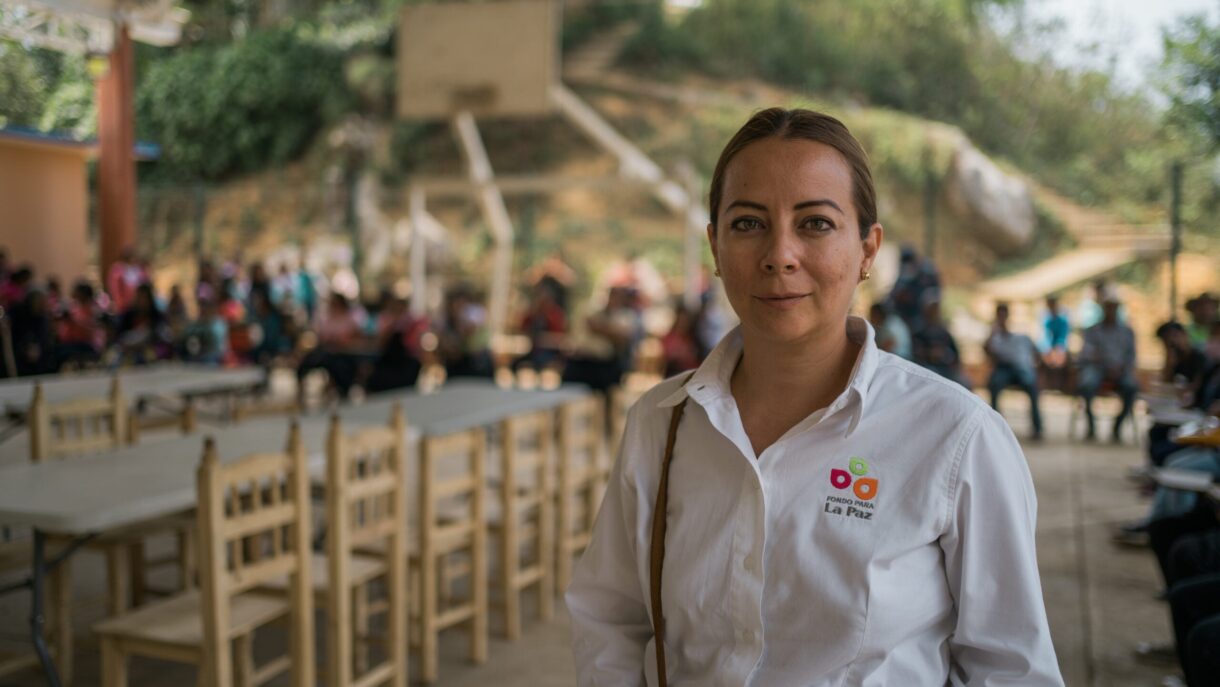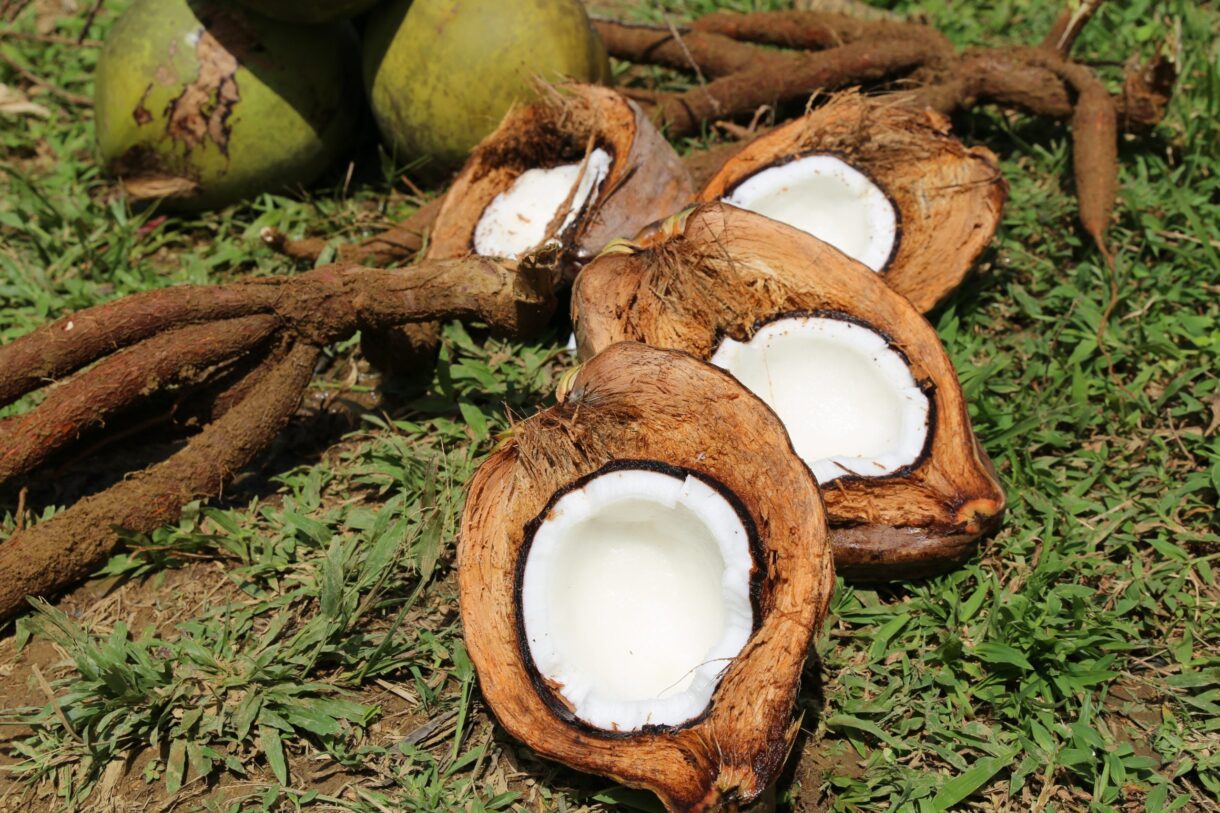
Protecting coconut farming communities
We are working with local farmers to improve farming methods.
As the iconic flavour for Malibu, we are committed to protecting coconut plantations and the communities that depend on it. Our Coconut Commitment, a five-year project that started in March 2020, is a promise to protect nature and the livelihoods of the small farming communities that depend on it. The coconuts Malibu use in its flavour are sourced mainly from the Philippines where coconut farming is a vital source of income for farmers and their families. However, falling coconut prices and limited use of modern techniques have led to inefficiency, resulting in a decline in yields and income. Farmers also often struggle to access a marketplace that is dominated by third parties who cut down potential profits.
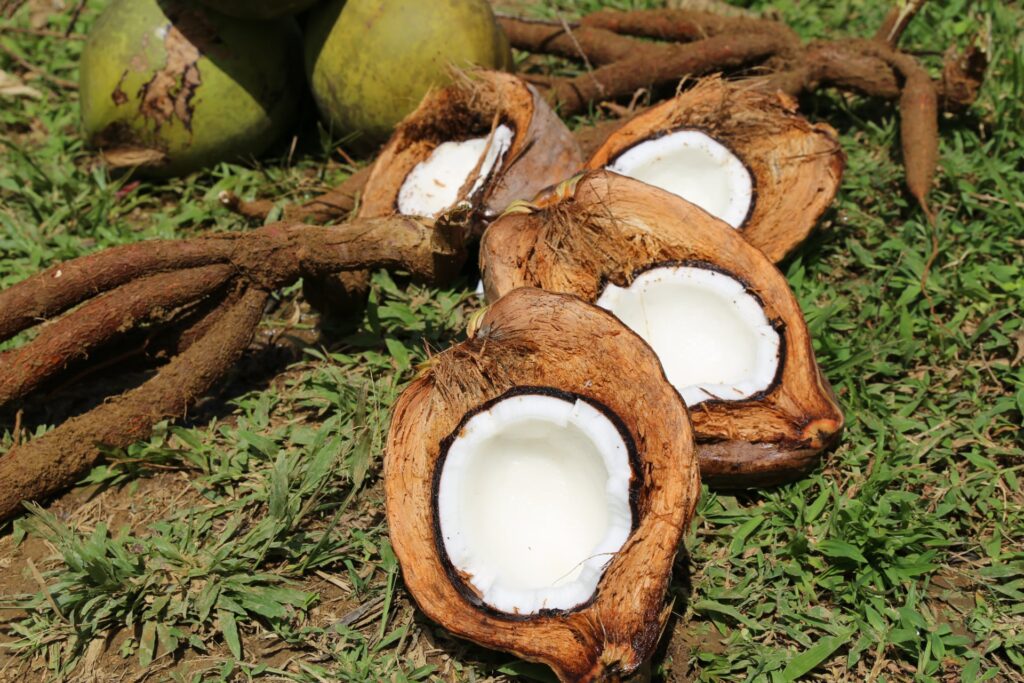
The project, which is focused on the provinces of Quezon and Camarines Norte, aims to transform cultivation and livelihoods by supporting safe working practices, collaborating with expert local partners to provide training and technical education, and developing innovative new ways to encourage long-term sustainability.
Now covid-restrictions have eased in the philippines, we are planning to catch up on some of the activities, particularly regarding training. This will help lay the foundations for farmers to implement tangible changes to improve their livelihoods.
Lynne Millar, Purchasing Director
In June, a team from Malibu joined its partners on a five-day trip to the Philippines, travelling across the country to learn how we can improve the livelihoods of the farmers and families who we source the majority of our coconuts from. The Philippines implemented some of the strictest and longest lockdowns during the pandemic, and travel restrictions to the country only eased in February 2022. During the height of the pandemic, the project team focused their activities on providing emergency food and sanitation supplies. And we pivoted into activities that haven’t necessarily needed to be hands-on and on the ground.

And we have made some progress. We have set up three so-called ‘demo farms’ in three regions. These farms don’t just grow coconuts – it can take up to eight years to grow a tree ready to harvest. Our Coconut Commitment aims to reduce local dependency on coconut sales. We want farmers to have the knowledge to grow ‘cash crops’ such as aubergines, broad beans and chillies that harvest more quickly and can diversify their income stream by selling to other markets. This so-called ‘multi- cropping’ is also an efficient use of their land and good for the soil.
Our Commitment
In early 2020, we set ourselves a target that by 2024, Malibu will be positively impacting the livelihood of 500 coconut farmers by increasing their income by an average of 15 per cent and increasing annual farm yield by an average of 20 per cent. We also hope to see at least 75 per cent of farmers using the Farm Sustainability Assessment tool, developed by the Sustainable Agriculture Initiative Platform. The goals of the project are aligned with the Philippine Development Plan 2017-2025.
Our aims include:
- Implement sustainable farming methods
- Increase yields and replace old trees
- Introduce new crops to boost income
- Improve access to water and sanitation
- Provide training and technical support
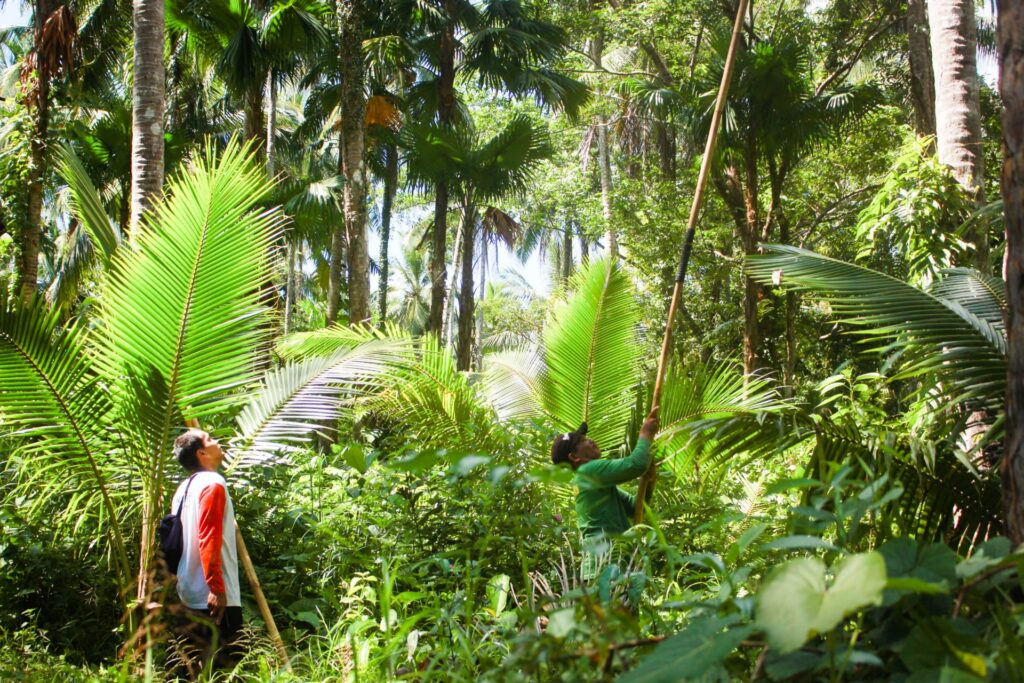
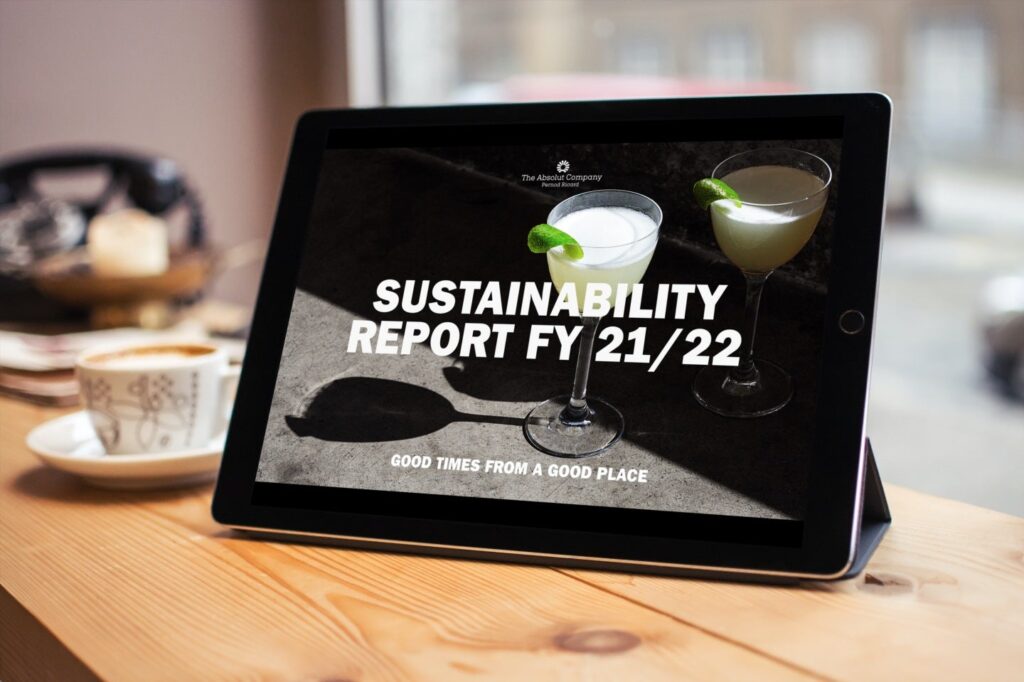
Download the report
This, and more, is from the Sustainability Report for fiscal year 21/22. It’s available on this site, as well as in PDF form if you prefer (27 MB).

